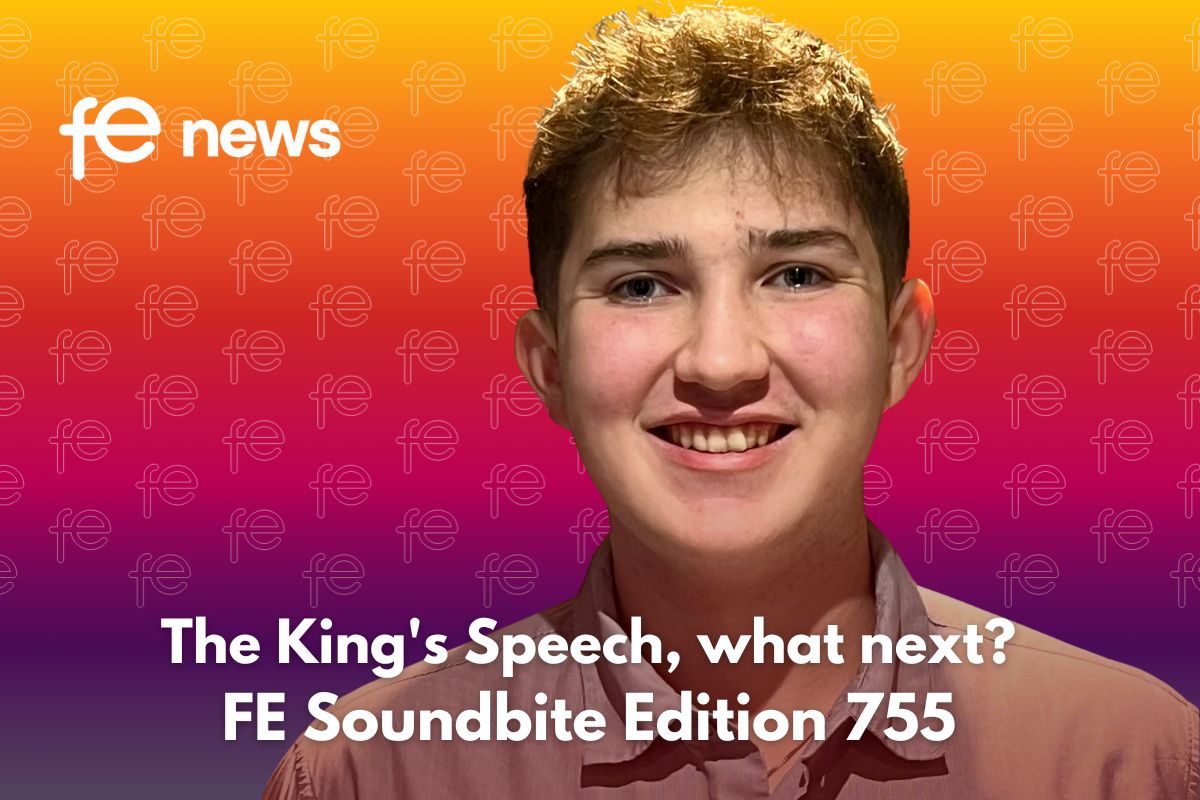CENTURY Tech Launches Smart IA™

CENTURY Tech has launched the first version of a brand new Functional Skills initial assessment (IA) tool: Smart IA™. In 2021, CENTURY was awarded a grant by the Ufi VocTech Trust (Ufi) as part of their challenge to help build the confidence of learners most at risk from economic and digital exclusion. The adaptive technology of a smart initial assessment tool, along with its user-friendly interface, can help learners to overcome barriers and support a simple and efficient process for course providers and college administrators.
What is a ‘smart’ IA?
A ‘smart’ or adaptive IA is an intelligent digital initial assessment tool for new starters in the FE sector. In order to progress in further education, most students undertake initial assessment in maths and English so they can be assigned to the right courses at the appropriate level.
Students come to further education colleges and training providers at different levels and ages, from teenagers having recently sat their GCSEs, to adult learners who may not have sat formal exams for many years. A rigid and inflexible one-size-fits-all approach, often necessary due to the logistical challenges of inducting a large new cohort, can be detrimental for some new starters.
CENTURY’s adaptive assessment tool learns from students as they answer questions. The tool recommends questions that are easier or harder depending on the student’s previous answers, so the assessment can build an accurate picture of the student’s ability level. This data is then instantly fed back to the course leader, who then can assign each student to maths and English courses at the appropriate level.
The learner’s journey
Initial assessments can be a logistical challenge for providers, especially those with learners undertaking off-site training like apprenticeships or those requested to undertake the assessments at home before their course starts. By designing a bespoke and simple interface, all learners need is access to an internet-enabled device and their log-in details.
After being registered by their college or provider, all a learner needs to do is to click the link to the CENTURY platform where they can log in. The only two options available to them will be the smart initial assessment option in maths and in English, with both accessible immediately.
Each assessment should take no more than half an hour to complete. The adaptive technology supports the confidence and focus of the learner by making sure they are not pushed down a rabbit hole of questions they are unable to answer, or that are far too easy.
Upon completion, the test shows a message congratulating the student on completing the initial assessment. The results are uploaded to their tutor’s account in real time, with accurate feedback, removing any need for interpreting data or marking. They can then assign each learner to a course at the appropriate level, either as and when results come in, or in batches.
When the learner has been assigned to a course, they will be presented with the appropriate diagnostic tests when they next log in. After completing the diagnostics, CENTURY will select an individual personalised learning pathway for that student to begin, enabling a streamlined and almost seamless progression for the student from initial assessment to their course.
Why develop Smart IA™?
CENTURY has been working with the FE sector since 2018 and has been looking for new ways to utilise our advanced technology and agile approach for the benefit of a sector that has been lacking innovation for over a decade. Ufi has offered funding to 14 organisations, including CENTURY, to develop technology to improve accessibility, create a supportive learning environment, improve assessment and offer increased personalisation and motivation to start or keep on learning.
In addition to CENTURY’s award-winning content for GCSE maths and English, bespoke content was produced for Functional Skills. Our expert curriculum team regularly updates and adds to all of our content so it reflects the most recent syllabuses and reforms, cutting edge neuroscience and modern pedagogical practices. By contrast, some older platforms still feature poorly evidenced neuromyths such as the ‘learning styles’ model.
Alongside CENTURY’s content, providers could use the advanced diagnostic tests for initial assessment while the new intelligent tool was being developed. Many of our partners, such as City of Wolverhampton College, liked the breadth of in-depth data these provided, but fed back that the speed and simplicity of a specifically designed accurate adaptive IA tool would be more valuable and efficient in the long term. We listened to their feedback and began development of Smart IA™.
The FE sector has not been slow to adopt technology. Digital assessments and even platforms using recommendation engines to select appropriate questions have been in use for several years. However the infrastructure of many of these is now antiquated and the accuracy of the tests flawed, leading to many students being placed on courses that are either too easy or too challenging. An adaptive tool that uses machine learning to understand the level of each student accurately would significantly reduce the chances of a student being assessed inaccurately and placed on the wrong course.
There are other barriers to learning beyond course administration. Many learners come to FE either having struggled with exams, or not having sat any for several years. Faced with two assessments as soon as, or even before, they arrive, the process can be daunting for new entrants.
Confidence can be a problem, too. Ufi’s VocTech Challenge White Paper stated that lack of confidence was a major barrier to vocational learning for those most at risk from economic and digital exclusion. This can be exacerbated by a less adaptive recommendation engine that may steer a learner through several questions in succession that are too hard. As part of our research, one learner told us that the experience of getting three consecutive questions wrong in their first initial assessment was “demotivating”.
Adaptive testing technology will not just be a game changer for the FE sector, either. Earlier this year, Ofqual chief Dr Jo Saxton said adaptive assessment technology could help remove the “ceiling” of tiered GCSEs and improve the outcomes of pupils who would otherwise need to resit. Exam board AQA is currently running a digital assessment trial in 100 schools which will include an adaptive element.
However, though advanced adaptive assessments can be far more efficient and accurate at determining a student’s current skill level, there are broader questions about how fair and rigorous personalised tests would be for national high stakes exams, such as GCSEs. Whatever implementation adaptive testing has in the future, though, there are clear possibilities for smart assessment technology to improve outcomes for students who currently do not achieve their potential due to systemic barriers.
What next?
Over the coming year, once Smart IA™ has been rolled out to a number of colleges and training providers, CENTURY will collaborate with Ufi VocTech to further develop the tool. This will involve collecting extensive data to continue to improve the adaptivity, accuracy and personalisation of the assessments. This can then feed into CENTURY’s personalised learning pathway once students are assigned to the correct course.
For more information about CENTURY’s Smart IA™ tool and our work in the FE sector see here.











Responses